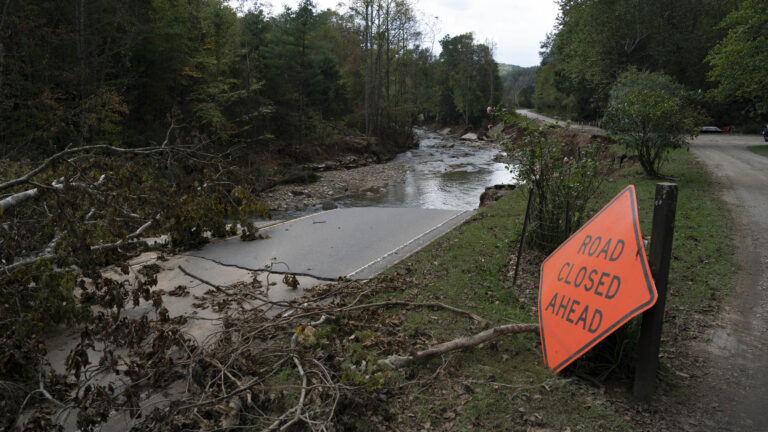Pornhub will soon be blocked in five more states as the adult site continues to fight what it considers privacy-infringing age-verification laws that require Internet users to provide an ID to access pornography.
On July 1, according to a blog post on the adult site announcing the impending block, Pornhub visitors in Indiana, Idaho, Kansas, Kentucky, and Nebraska will be "greeted by a video featuring" adult entertainer Cherie Deville, "who explains why we had to make the difficult decision to block them from accessing Pornhub."
Pornhub explained that—similar to blocks in Texas, Utah, Arkansas, Virginia, Montana, North Carolina, and Mississippi—the site refuses to comply with soon-to-be-enforceable age-verification laws in this new batch of states that allegedly put users at "substantial risk" of identity theft, phishing, and other harms.
Age-verification laws requiring adult site visitors to submit "private information many times to adult sites all over the Internet" normalizes the unnecessary disclosure of personally identifiable information (PII), Pornhub argued, warning, "this is not a privacy-by-design approach."
Pornhub does not outright oppose age verification but advocates for laws that require device-based age verification, which allows users to access adult sites after authenticating their identity on their devices. That's "the best and most effective solution for protecting minors and adults alike," Pornhub argued, because the age-verification technology is proven and less PII would be shared.
"Users would only get verified once, through their operating system, not on each age-restricted site," Pornhub's blog said, claiming that "this dramatically reduces privacy risks and creates a very simple process for regulators to enforce."
A spokesperson for Pornhub-owner Aylo told Ars that "unfortunately, the way many jurisdictions worldwide have chosen to implement age verification is ineffective, haphazard, and dangerous."
"Any regulations that require hundreds of thousands of adult sites to collect significant amounts of highly sensitive personal information is putting user safety in jeopardy," Aylo's spokesperson told Ars. "Moreover, as experience has demonstrated, unless properly enforced, users will simply access non-compliant sites or find other methods of evading these laws.


 Loading comments...
Loading comments...
